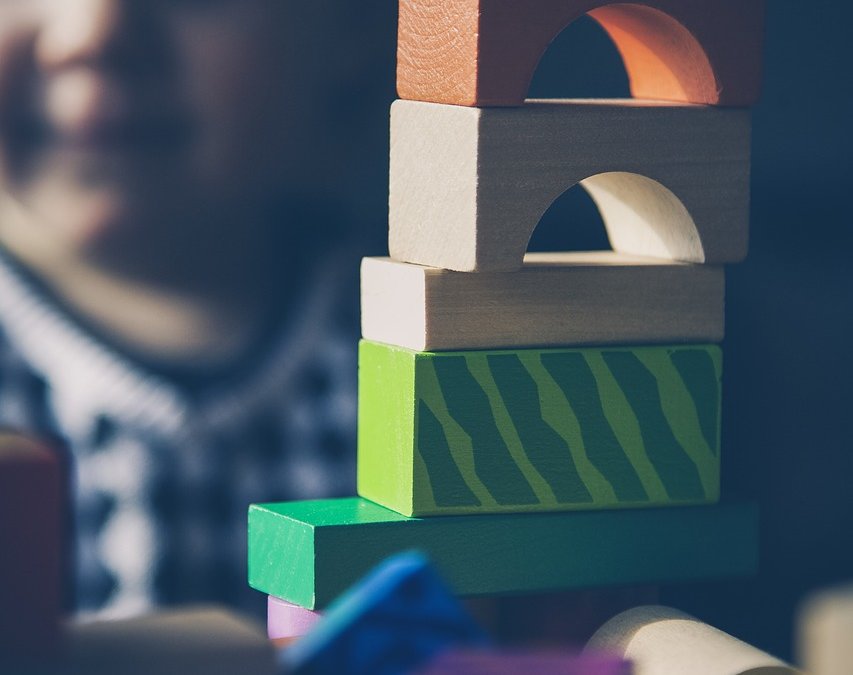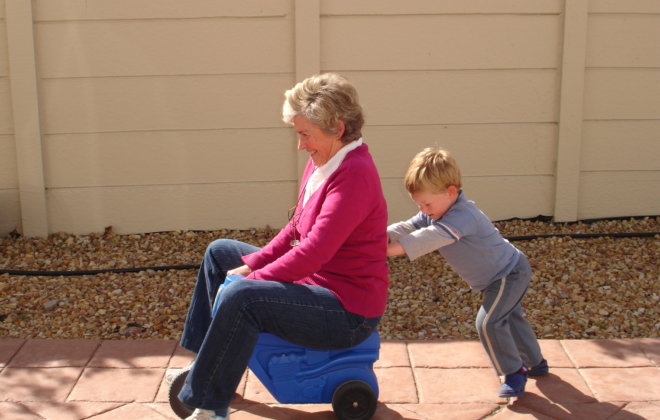How Imaginative Play Helps Your Child Grow
Today, telling your child to go outside and play may earn you an odd look from your son or daughter. Our children have become more and more dependent on electronics and high-tech toys for their entertainment. As we’ve drifted away from old-fashioned imaginative play, researchers have looked at how this change in the way we play has caused a change in our children.
How Play Has Changed
During the second half of the 20th century, they way our children play changed dramatically. Cultural historian Howard Chudacoff describes the transformation during an interview with National Public Radio.
“It’s interesting to me that when we talk about play today, the first thing that comes to mind are toys,” says Chudacoff. “Whereas when I would think of play in the 19th century, I would think of activity rather than an object.”
Since the 1950’s children have been provided with more and more specific toys for play and predetermined scripts, Chudacoff says.
How Children Have Changed
Child psychology studies first conducted during the 1940s examined the developmental levels of children at ages 3, 5 and 7. The children were asked to do focus exercises like standing still without moving.
When the same experiment was conducted in 2008, the results were very different. Elena Bodrova and Mid-Continent Research for Education and Learning said, “Today’s 5-year-olds were acting at the level of 3-year-olds 60 years ago, and today’s 7-year-olds were barely approaching the level of a 5-year-old 60 years ago.”
Imaginative Play Yields Better Self-Regulation
Free form imaginative play allows children to develop and interact in scenarios that they invent for themselves. During these scenarios, the child engages in an internal monologue and decision-making process that helps them learn how to interact in appropriate ways in society. In other words, imaginative play allows our children to teach themselves how to self-regulate.
Self-regulation is a critical skill but structured activities like watching television, playing video games and attending lessons don’t allow children to develop these skills.
Psychologists recommend at least 30 minutes of sustained complex imaginative play a day for children. While realistic props are good for very young children, symbolic props like a swing set or trampoline can transform into a three-ring circus or castle with just a bit of imagination.
Categories
- Benefits of Play (17)
- Family Fun (3)
- Featured (3)
- Financing (1)
- Goalsetter Basketball Systems (16)
- Playhouses (1)
- Rainbow Play Systems (28)
- Springfree Trampoline (40)





